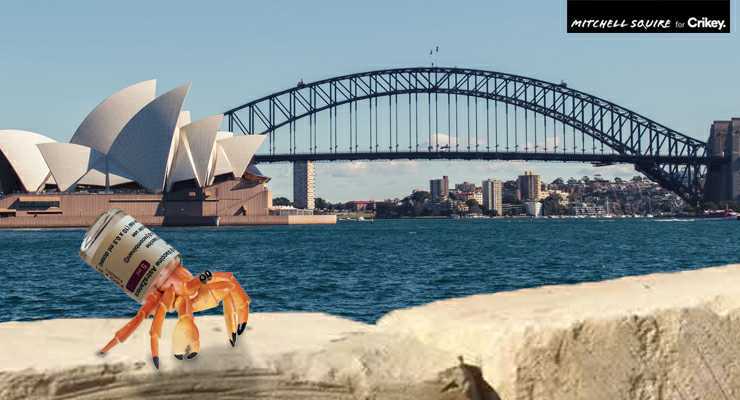Very few countries have forbidden their citizens from leaving during the pandemic, not even China. And none are democracies — except for Australia.
Buried in Australia’s federal budget papers this week was a prediction that devastated the million Australians, like me, who live abroad and the millions more at home who love them: the national borders are likely to remain closed until at least mid-2022.
Australia slammed its doors as soon as the COVID-19 pandemic hit, and it has kept them more firmly shut than any nation save, perhaps, North Korea. Plenty if not most nations have restricted nonessential travel since the start of the pandemic. But very few have forbidden their own citizens from leaving, not even China, and certainly none — except for Australia — that are democracies.
There are up to 40,000 Australians around the world registered with the Department of Foreign Affairs who identify as “stranded” — that is, they desperately want to return home, but they can’t. One reason is money. The federal government decided early on that the responsibility for administering expensive quarantines, largely in hotels, belonged to Australia’s states and territories, which put caps on international arrivals far exceeded by demand. The cost of A$3000 must be paid by every returnee. (Children enjoy a generous rate of just A$2500.)
Go deeper on the issues that matter.
Already a subscriber? Log in to keep reading, or register your email address for a FREE 21-day trial.








